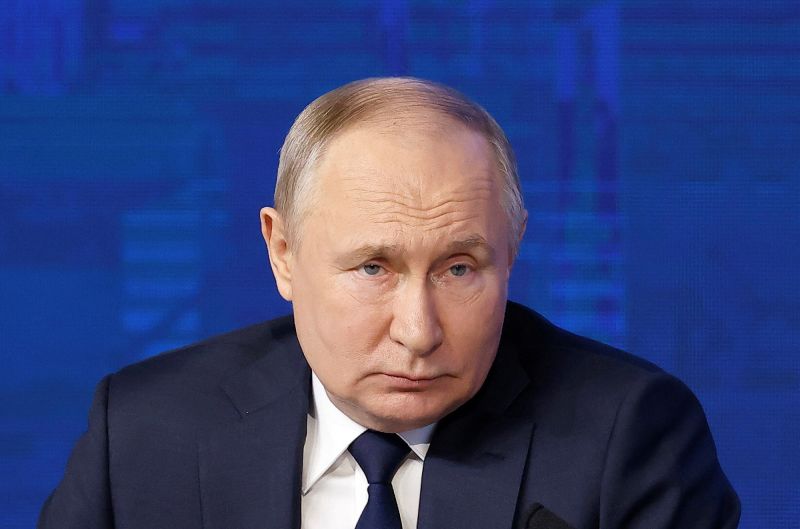Body
Among global leaders, no one carries as heavy a nuclear mantle as Russian President, Vladimir Putin. Recently, he declared his readiness to use nuclear weapons if the existence of the Russian state is at risk. However, he emphasized that such a situation has not occurred so far.
Topping discussions within international circles, Putin’s proclamation is indicative of his unyielding stance in upholding Russia’s sovereignty and survival. He subtly infers that he would only resort to utilizing such devastating measures under extreme circumstances – a threat to the country’s very existence. Seemingly, this declaration aims to send a clear message to the world that Russia will not be subdued or threatened.
The international reactions to Putin’s statement varied widely. Among some, it caused an air of unease, raising concerns about potential nuclear escalation. Skeptics posed questions about the precise conditions that would prompt Putin to resort to nuclear warfare. However, in his deft diplomacy, Putin assured that the extreme conditions warranting nuclear action have never been met, lending some relief to the palpable tension.
Interestingly, Putin’s declaration seems to be more of a deterrent strategy than an actual war plan. Historical precedence provides context to this perspective. The use of nuclear threats as a deterrent strategy is not new in geopolitics. During the Cold War era, the United States and the then Soviet Union used nuclear standoffs as a deterrent to keep each other in check. It’s plausible that Putin is taking a page from the same playbook in today’s tense geopolitical landscape.
Putin further stressed that such drastic measures have never been necessary during his time in power. This assertion aligns with his intention to stabilize Russia’s position on the global stage rather than provoke unnecessary conflict. By categorically stating, there has never been such a need, Putin aims to dispel fears of an impending nuclear threat stemming from Russia.
Parallel to Putin’s measures to safeguard Russian sovereignty, he also emphasized the significance of nuclear disarmament. Advocating for the arms control discussions, Putin argued that such talks are crucial in the current geopolitical scenario, even as he remains resolute about safeguarding his nation’s security.
While Putin’s hardline stand appears precipitous, he further explained that any nuclear action would be a response, not an initiation. It means Russia wouldn’t be the first to launch a nuclear strike, but if it finds itself backed into a corner where the only way out is through nuclear force, it would reciprocate in kind.
In summary, Putin’s statements serve a dual purpose: they act as a deterrent—-discouraging potential adversaries from attempting to exploit the power dynamics, and a diplomatic tool—-maintaining an open channel for arms control discussions. However, the assurance that he sees no immediate need for such drastic measures points to his desire for peaceful conflict resolution and global stability. Thus, while Putin is prepared to utilise nuclear weapons as a last resort measure, he continually asserts that such an action is not on the immediate horizon.




